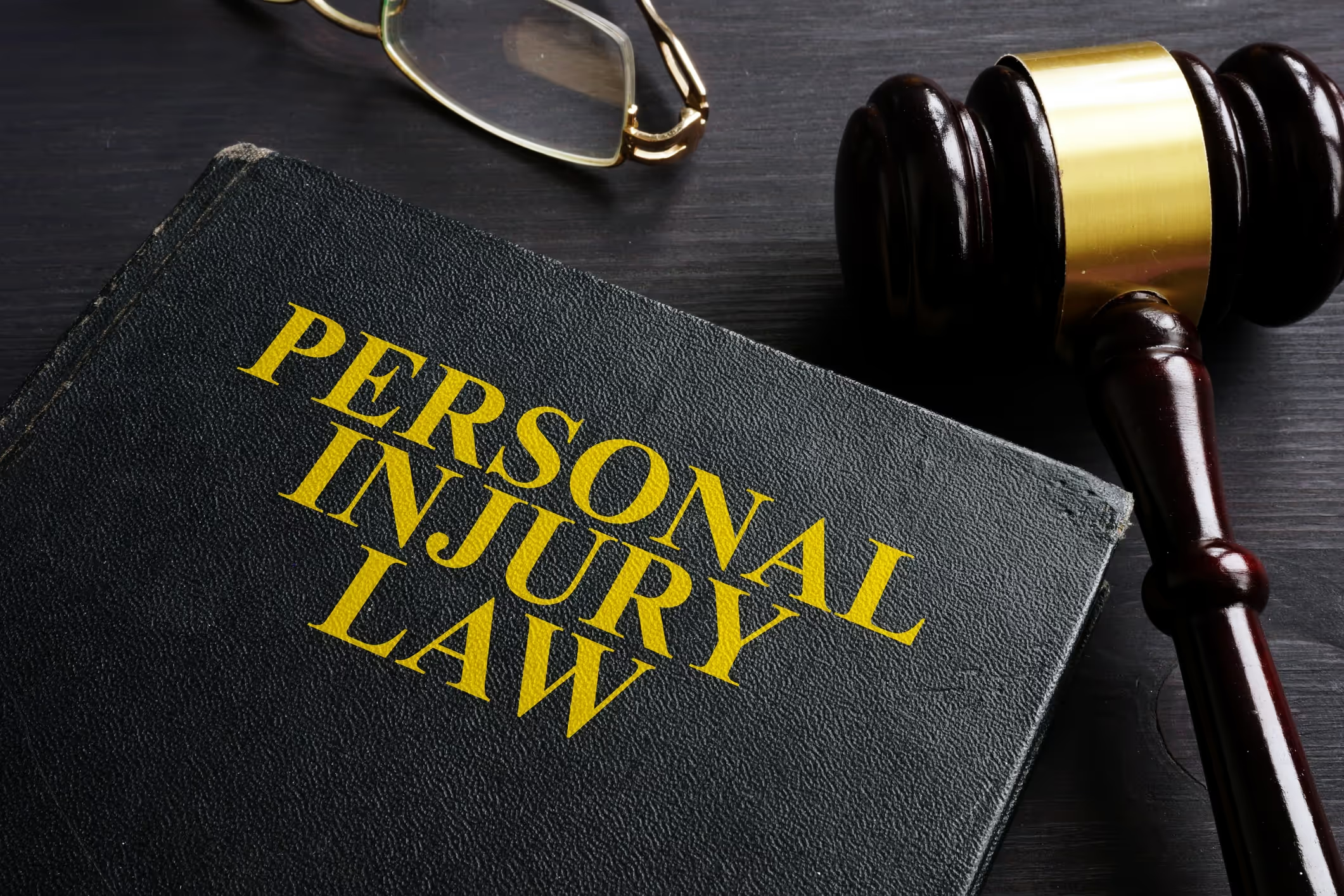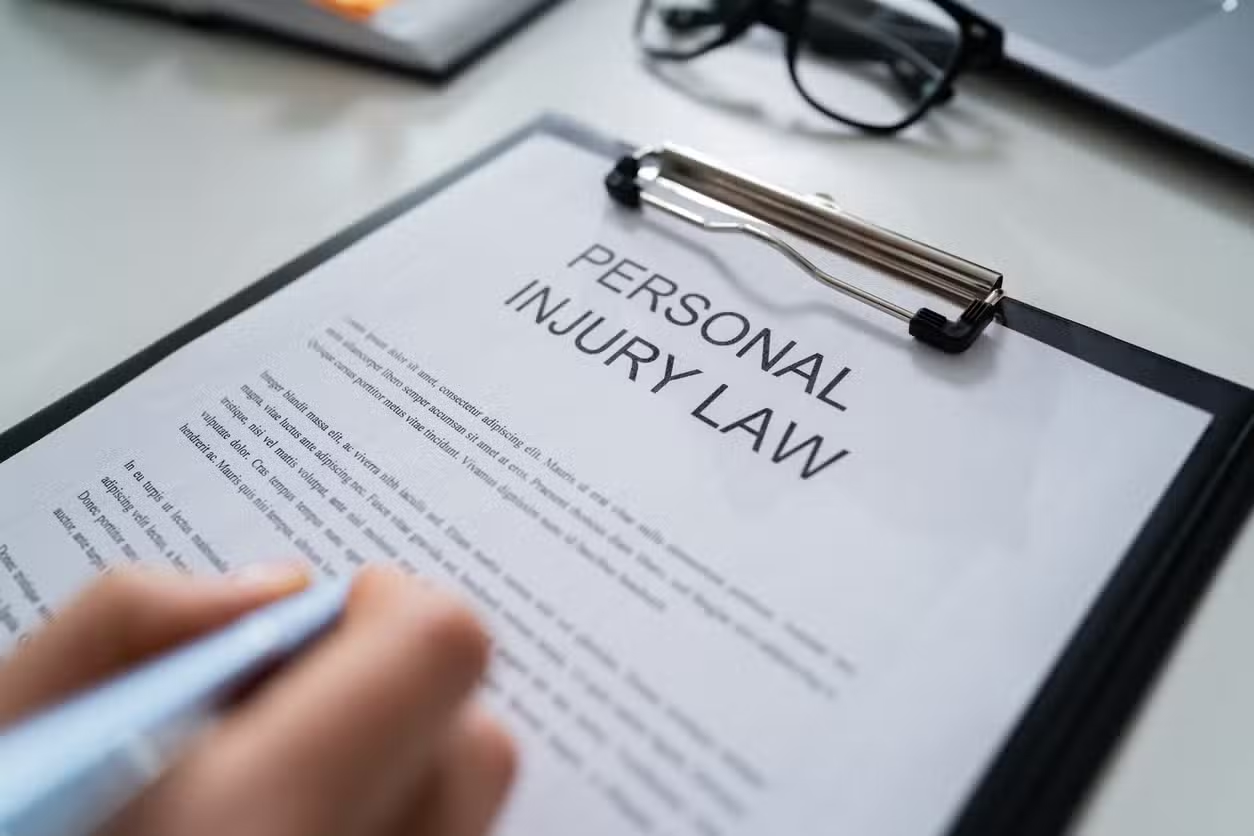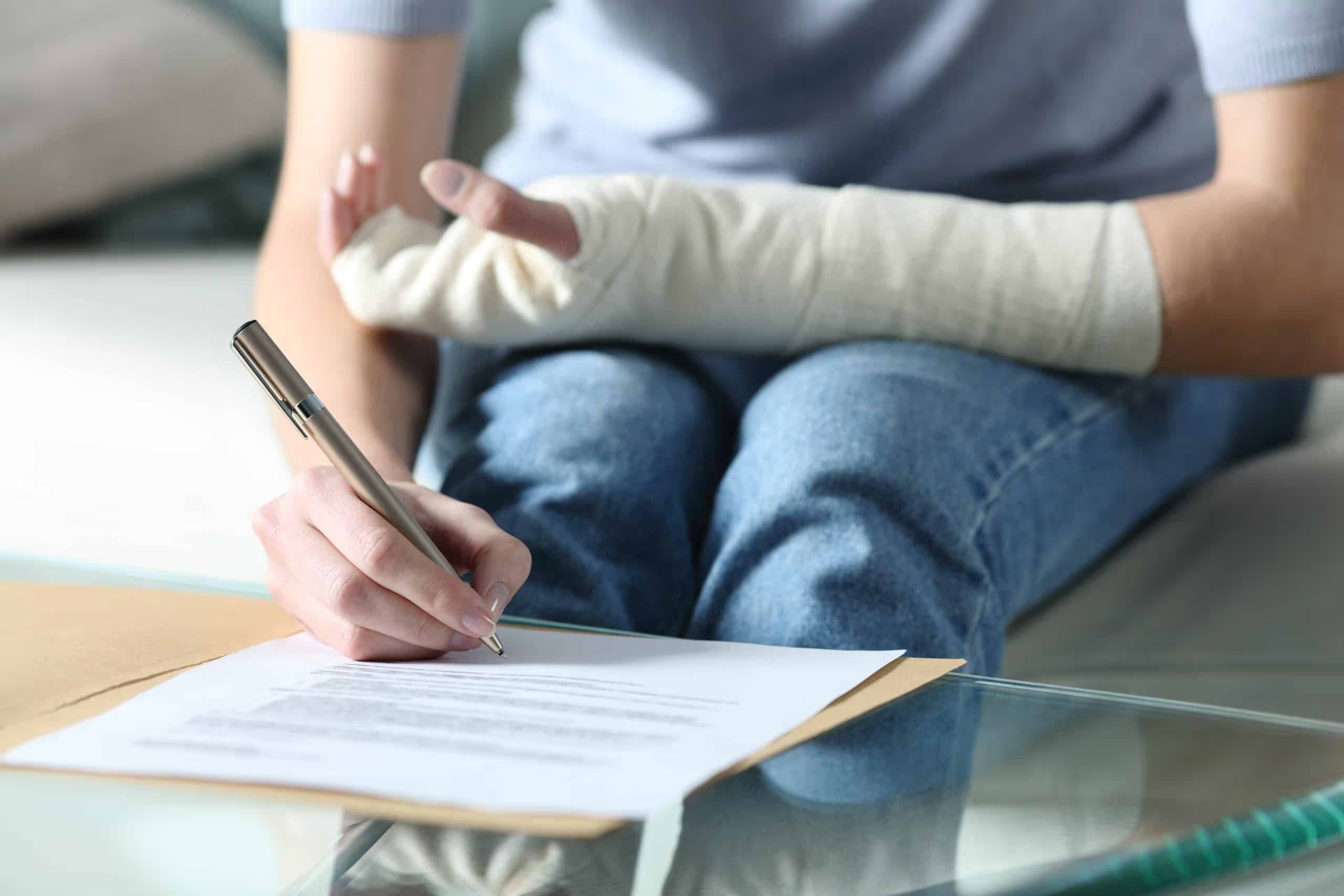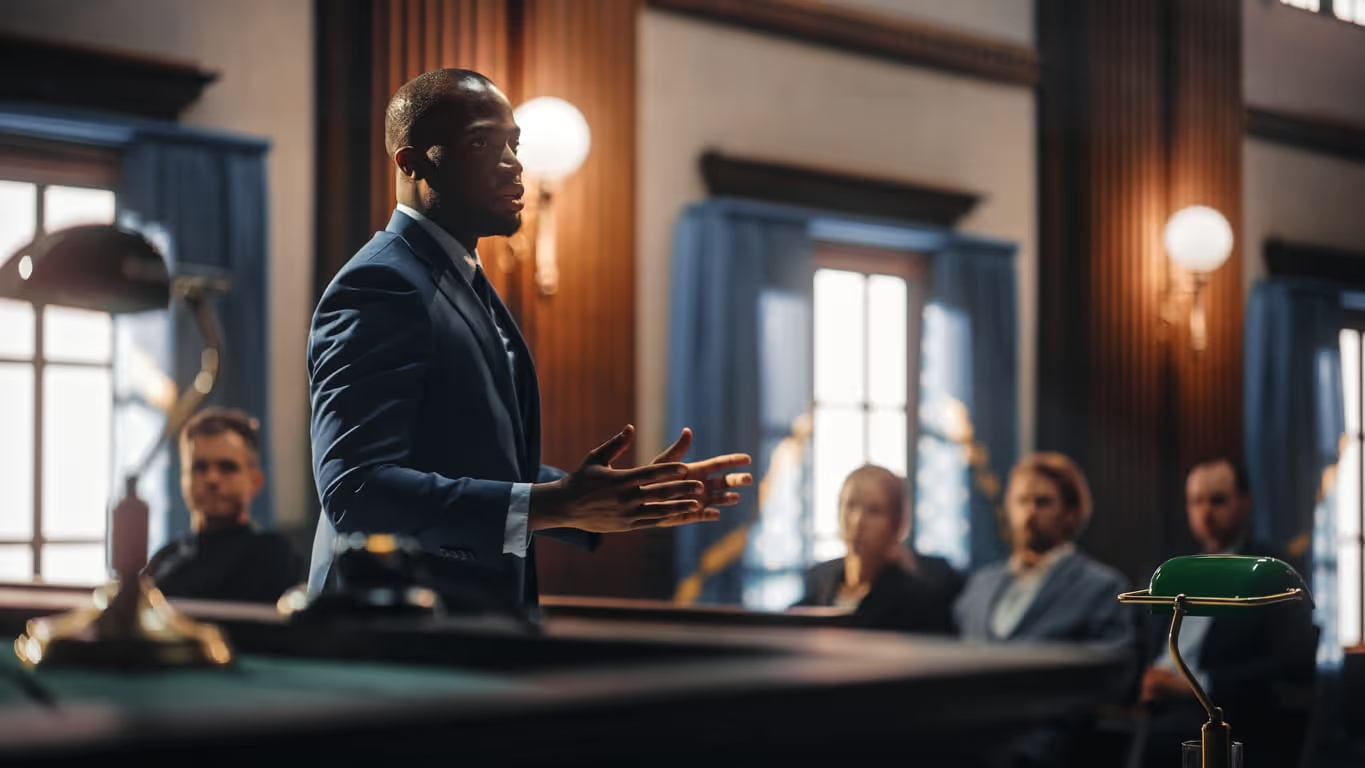Choosing the right personal injury lawyer can make a significant difference in the outcome of your case. An experienced attorney can help you recover more compensation, avoid delays, and protect your rights throughout the legal process. While there’s no single formula for making the best choice, focusing on key qualifications, communication style, and case experience will help you make an informed decision.
Look for Experience With Your Type of Case
Not all personal injury lawyers handle the same types of claims. Some focus on car accidents, while others specialize in medical malpractice, product liability, or wrongful death.
Ask prospective attorneys:
- Have you handled cases like mine before?
- What were the outcomes of those cases?
- Are you familiar with the local court system?
For example, if you were injured in a truck crash, you’ll want someone who understands federal trucking regulations, black box data, and commercial liability rules.

Review Track Record and Results
A strong track record of successful settlements and verdicts shows that a lawyer has the skills to win. Look for:
- Case results listed on their website
- Testimonials or reviews from past clients
- Recognition by legal associations or publications
While no lawyer can guarantee a result, past performance gives you a sense of their capability—especially for serious injury cases where large amounts are at stake.
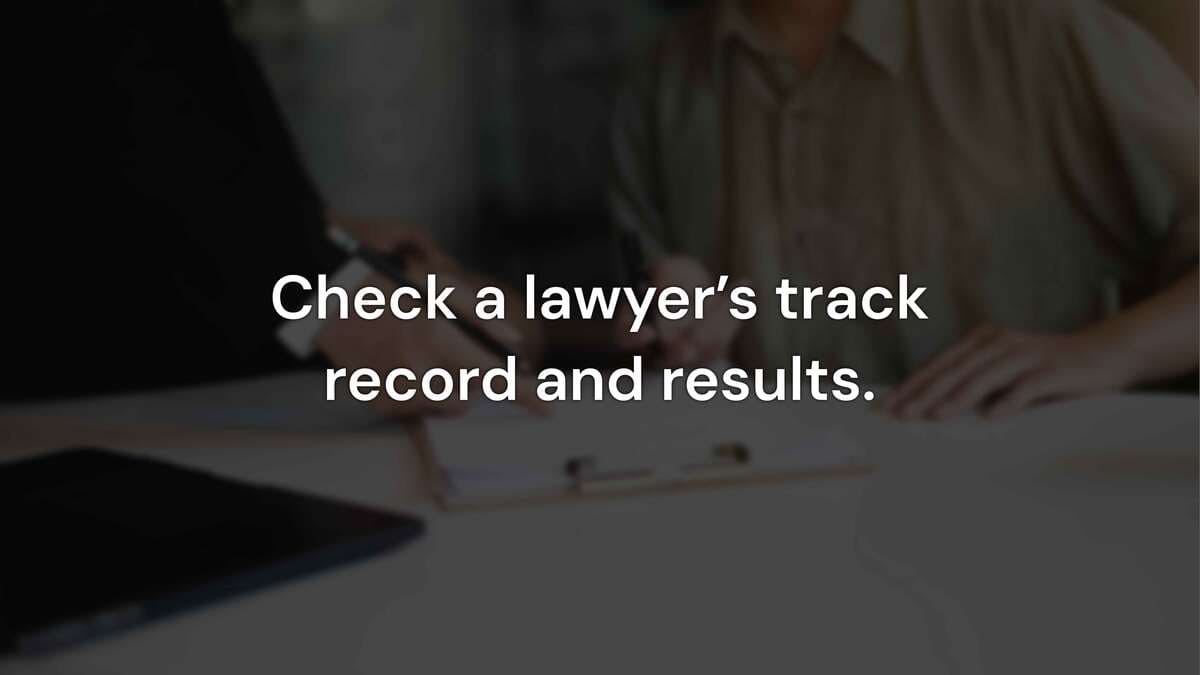
Evaluate Communication and Responsiveness
You’ll be working closely with your attorney for months, so communication matters. During your consultation, ask:
- Will I speak with you directly or mostly with staff?
- How often will I receive updates?
- What’s the best way to reach you if I have questions?
A good personal injury lawyer will explain things clearly, return your messages promptly, and make sure you understand the legal strategy at every stage.

Ask About the Fee Structure
Most personal injury attorneys work on contingency, meaning they only get paid if they win your case. Still, you should ask:
- What percentage do you charge, and does it increase if we go to trial?
- Who pays for case costs, and are they deducted from the settlement?
- Will I owe anything if we lose?
Make sure everything is outlined in a written fee agreement and that you understand it before signing.
Schedule a Free Consultation
Most attorneys offer free consultations for personal injury cases. Use this meeting to:
- Explain your situation and ask what your case may be worth
- Get a sense of the attorney’s approach and communication style
- Ask how they’d handle your case specifically
Bring any relevant documents—accident reports, medical records, insurance correspondence—so they can give you a better assessment.
We’ve also covered how much accident lawyers charge in a separate article, including contingency fees, common percentages, and what to watch for in your agreement.
To understand how personal injury lawyers actually get paid, including how settlement funds are divided and what happens with case costs, see our breakdown of lawyer compensation in injury cases.
If you’re still not sure whether you need a lawyer at all, read our post on whether hiring a personal injury lawyer is necessary. It walks through situations where legal help makes a major difference in compensation.


































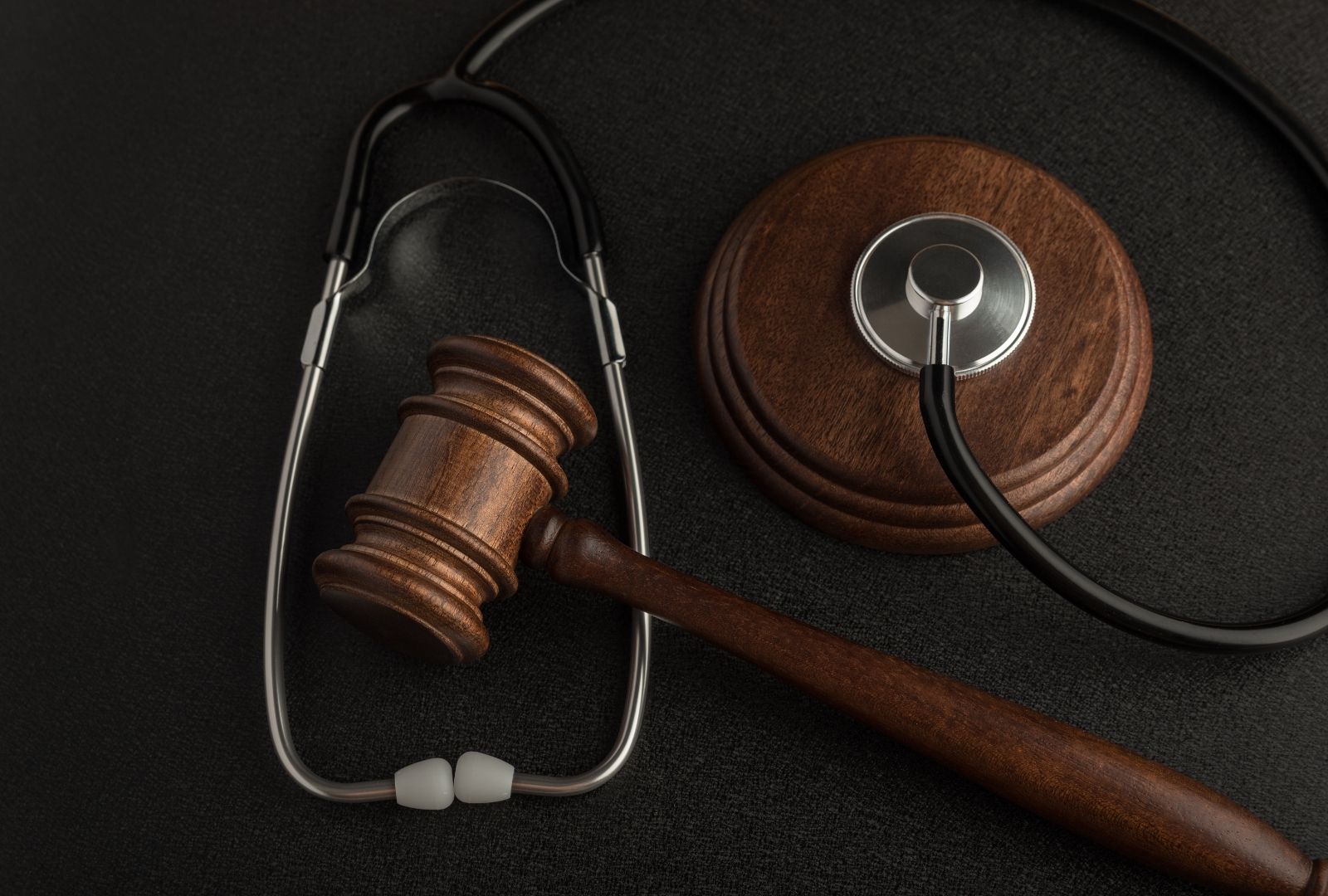
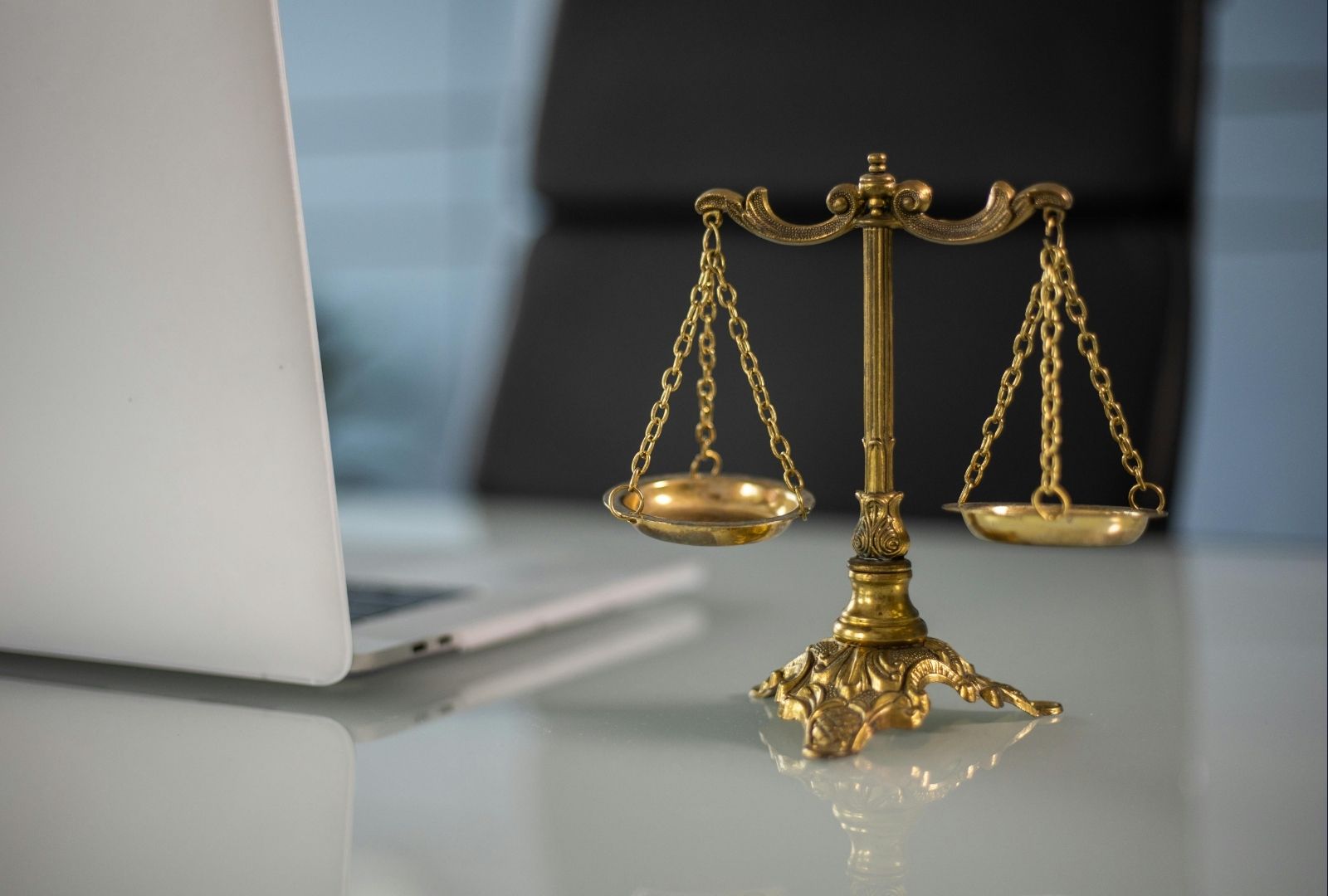








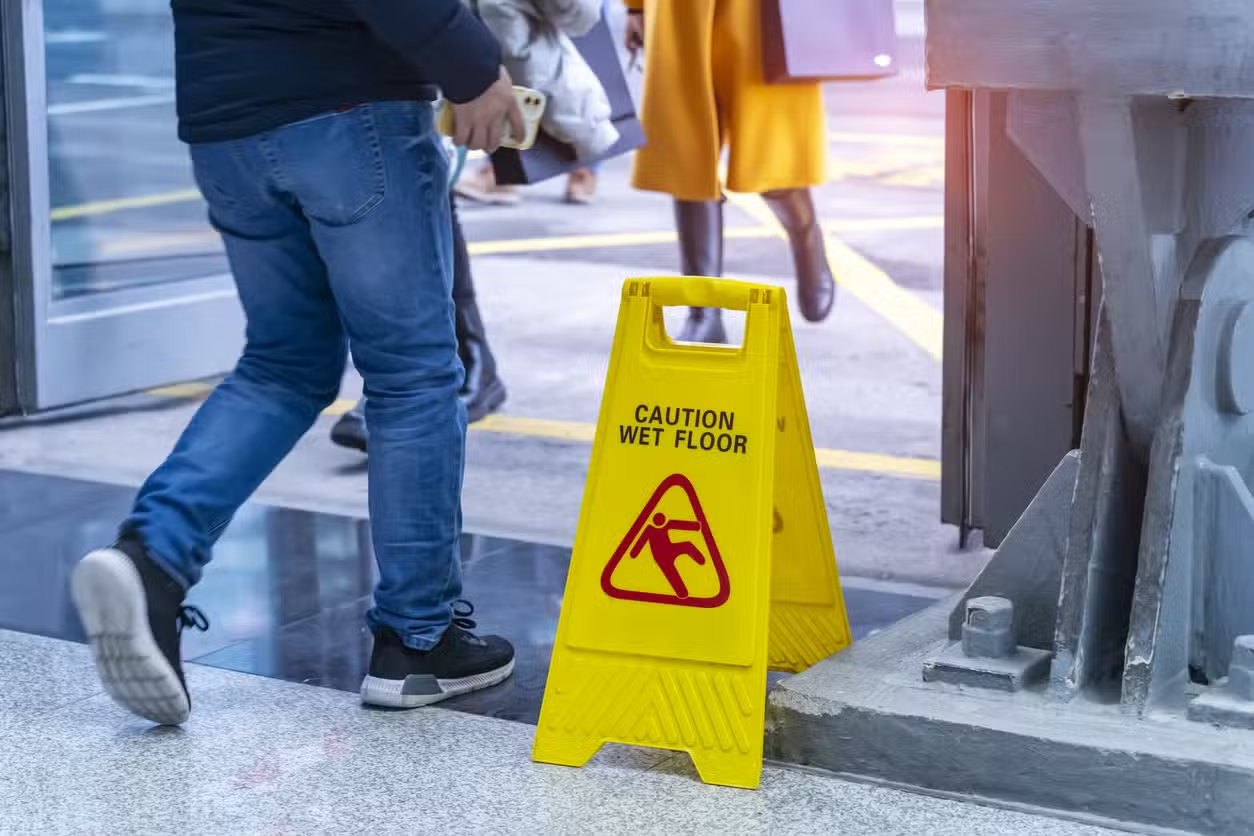

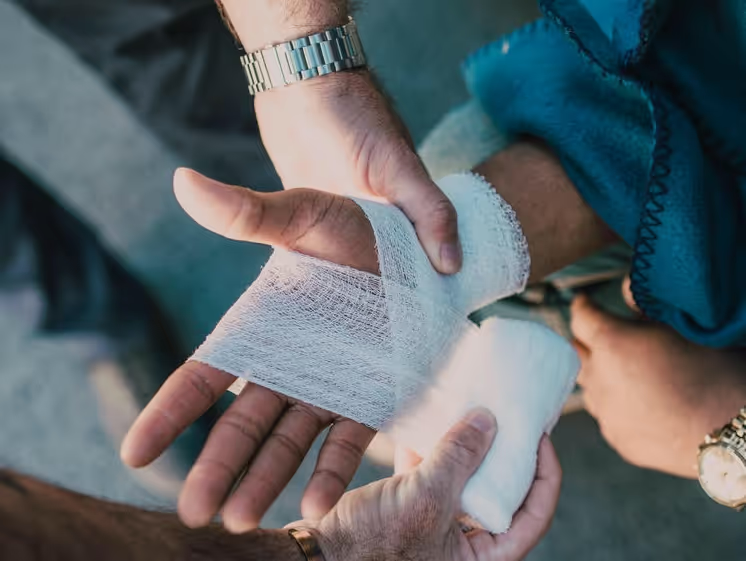



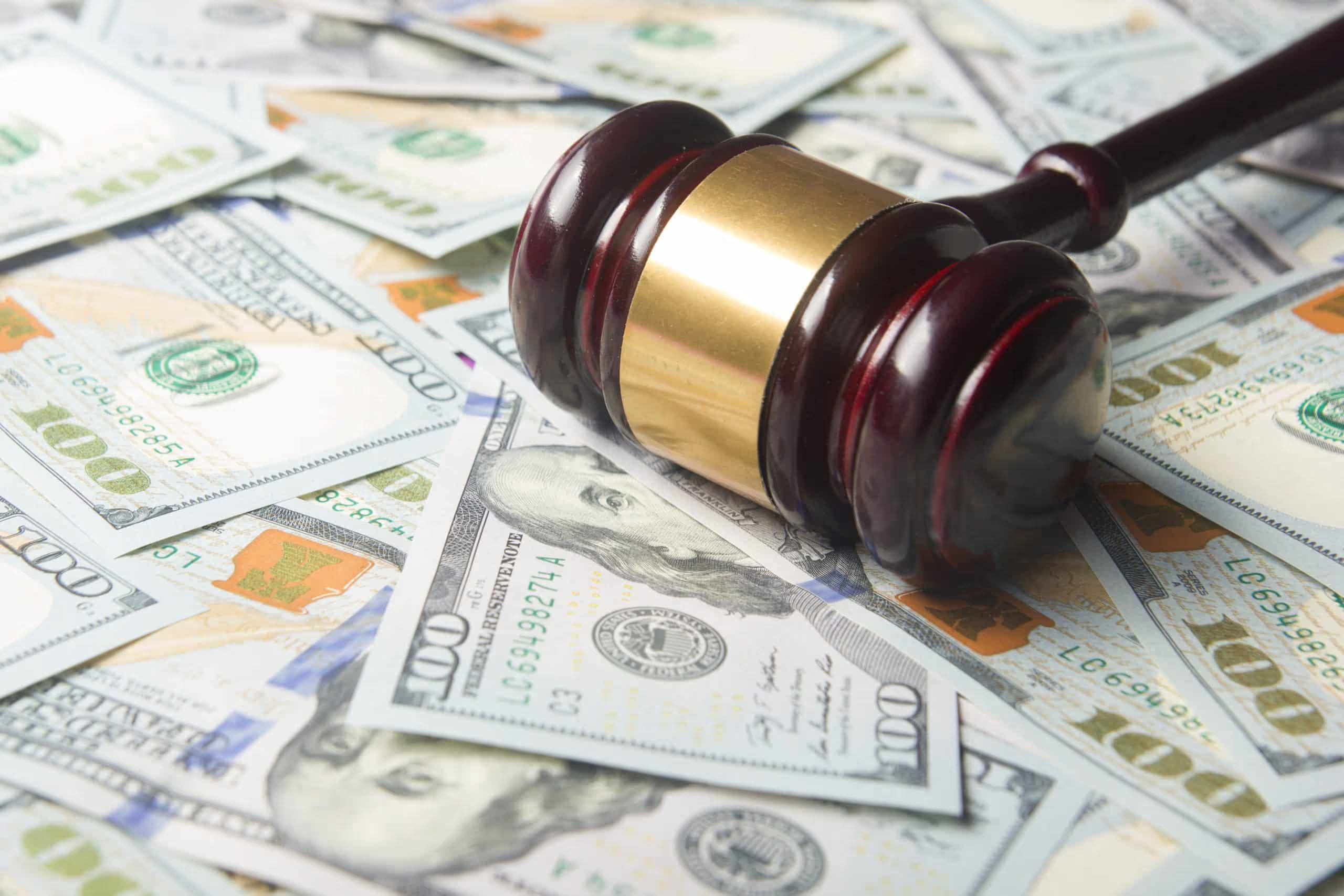


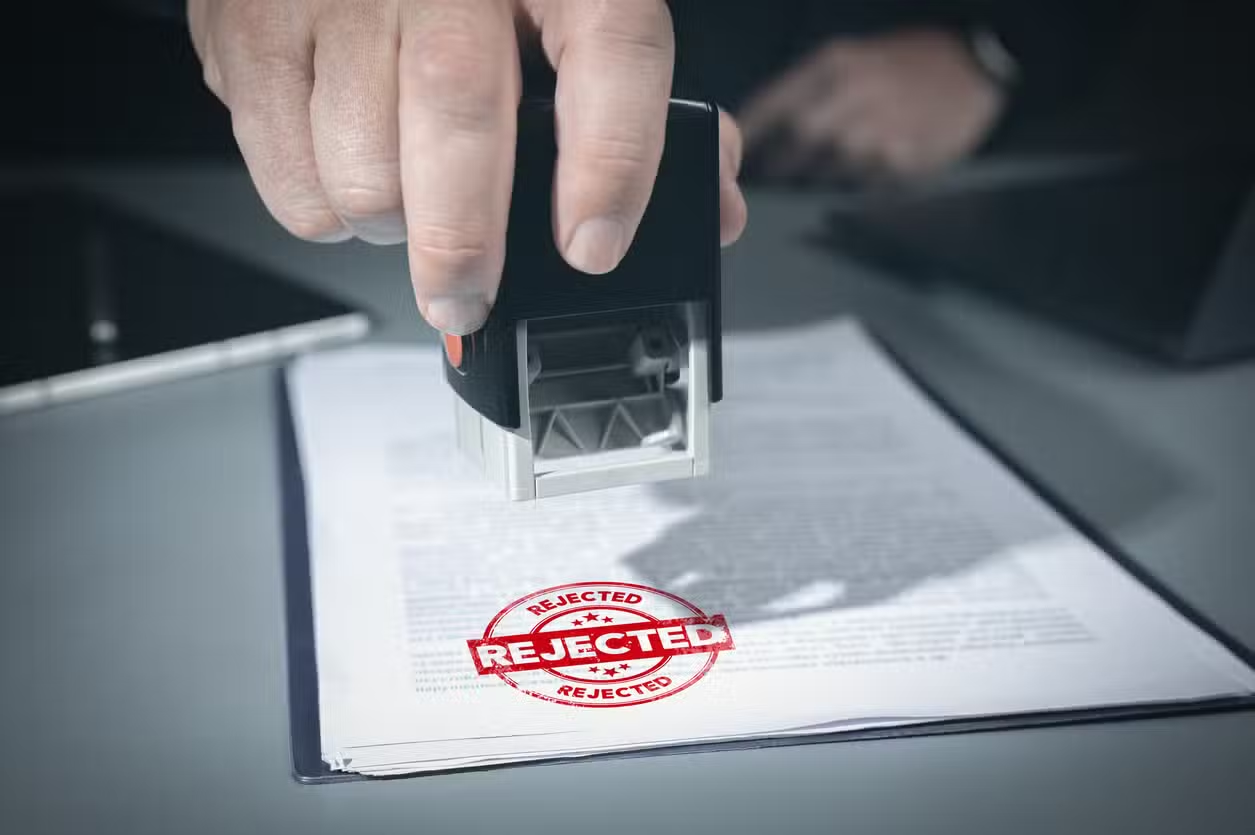



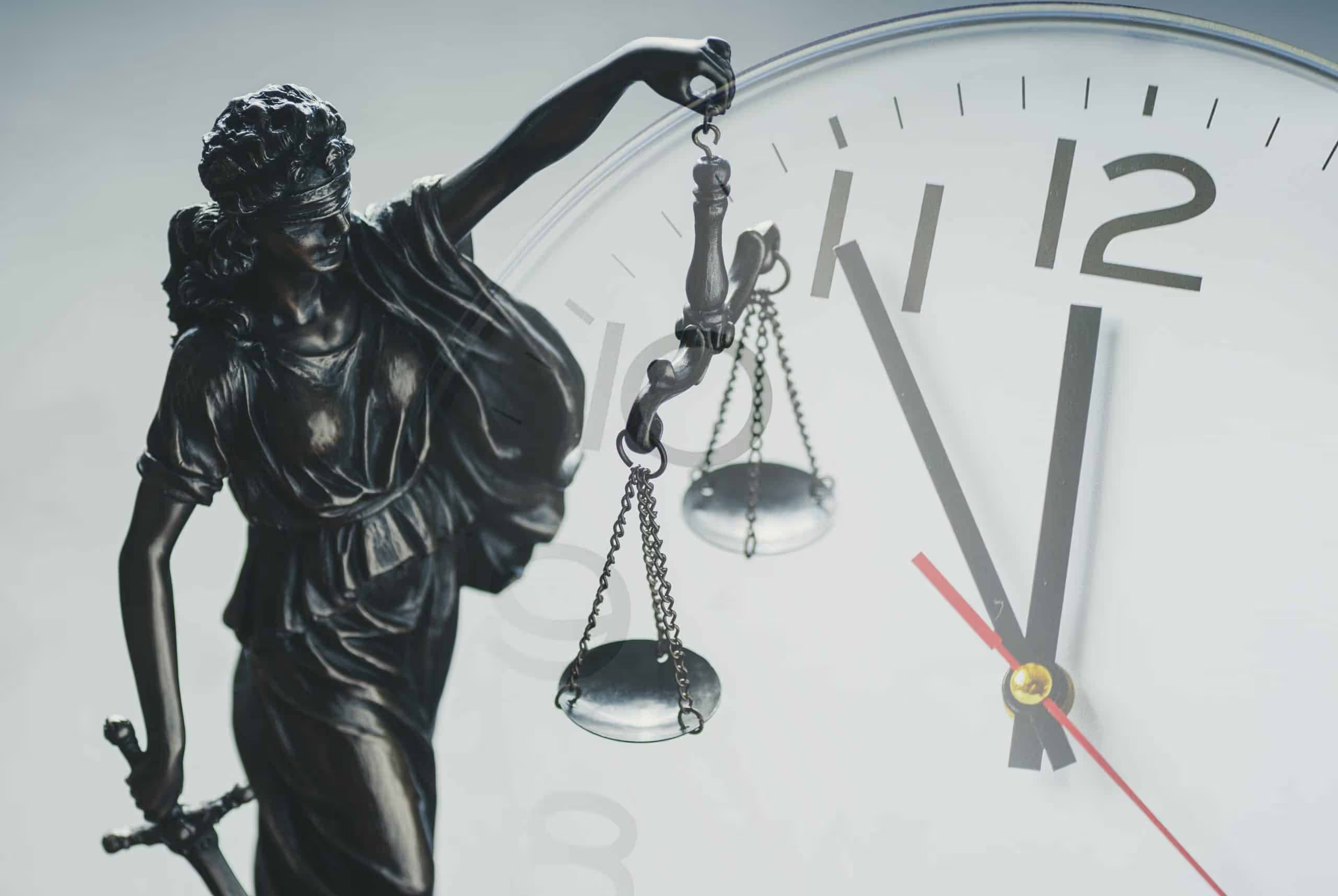

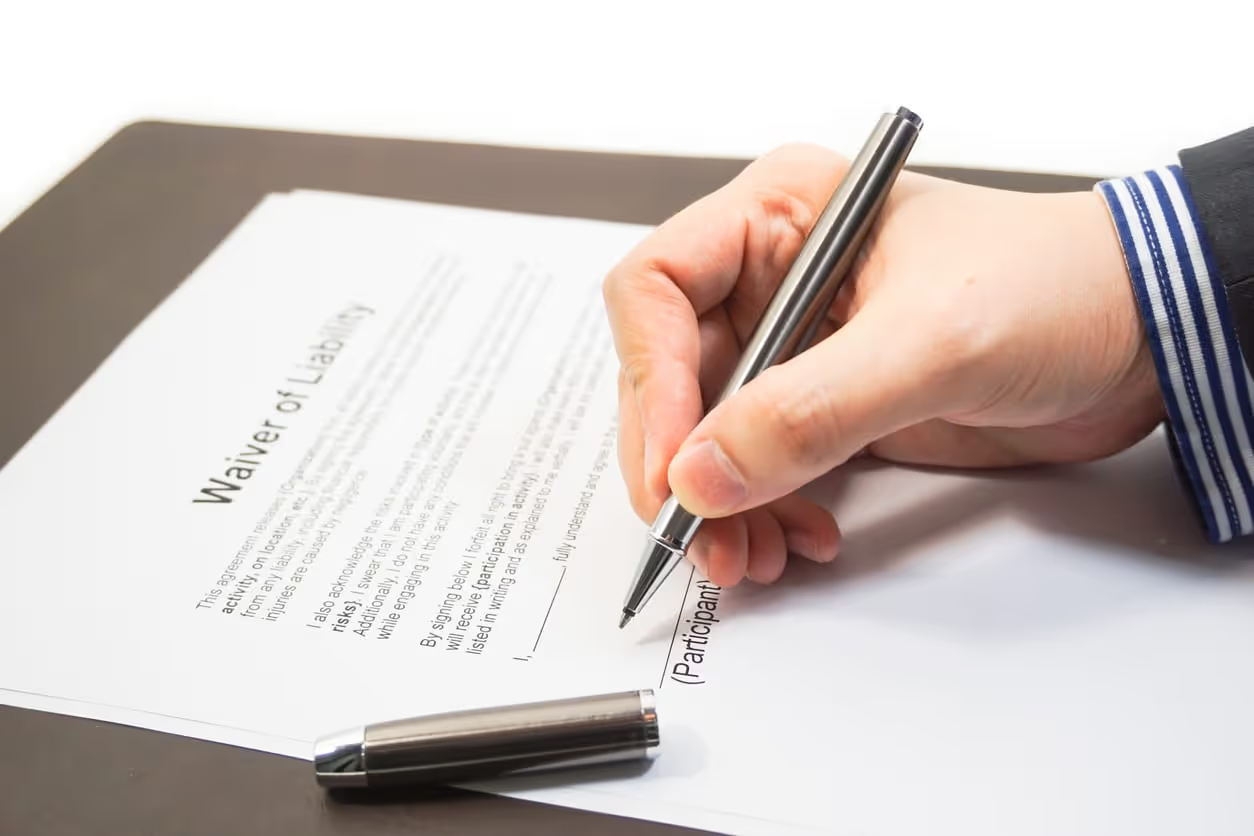
.avif)

